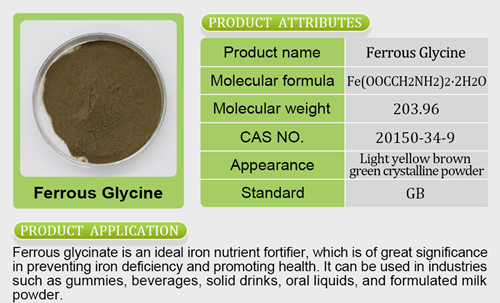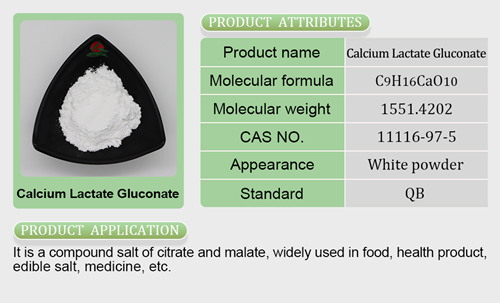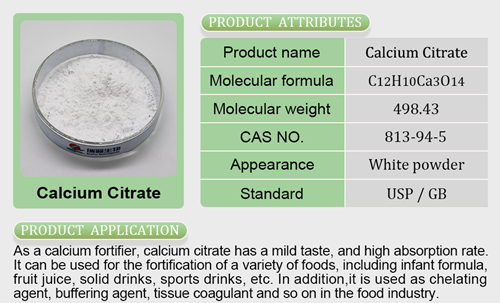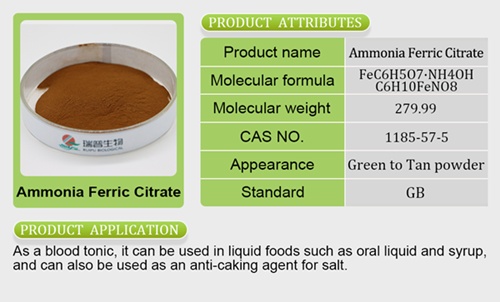Although many people still find the practice of eating bugs repellent, this study showcasing  its benefits could push reluctant consumers to give it a try. This isn’t the first study to show the positives of eating bugs. According to the Food and Agriculture Organization, insects contain proteins, minerals, vitamins and fatty acids and are regularly consumed by at least 2 billion people around the world.###In this study, researchers used ground-up insects and invertebrates with the wings, paws and stingers removed. The orange juice used for comparison in the
its benefits could push reluctant consumers to give it a try. This isn’t the first study to show the positives of eating bugs. According to the Food and Agriculture Organization, insects contain proteins, minerals, vitamins and fatty acids and are regularly consumed by at least 2 billion people around the world.###In this study, researchers used ground-up insects and invertebrates with the wings, paws and stingers removed. The orange juice used for comparison in the  study was freshly made with locally purchased oranges. After lab processing, the water-soluble extracts were compared for antioxidant activity and showed insects have substantially more antioxidants. ###The study results could have significant implications for the insect industry. The research shows that edible insects and invertebrates are an optimal source of bioactive ingredients as well as high-quality protein, minerals, vitamins, and fatty acids. Other studies have also shown that it has long been healthy for humans to eat insects. With research continuing to show that it is safe and even beneficial to eat insects, it could change consumer perception. ###Insects could also appeal to consumers for their environmental benefits. A recent study found that insect cells
study was freshly made with locally purchased oranges. After lab processing, the water-soluble extracts were compared for antioxidant activity and showed insects have substantially more antioxidants. ###The study results could have significant implications for the insect industry. The research shows that edible insects and invertebrates are an optimal source of bioactive ingredients as well as high-quality protein, minerals, vitamins, and fatty acids. Other studies have also shown that it has long been healthy for humans to eat insects. With research continuing to show that it is safe and even beneficial to eat insects, it could change consumer perception. ###Insects could also appeal to consumers for their environmental benefits. A recent study found that insect cells  could be ideal candidates for inclusion in cultured meat and other innovative food products. Sustainable food production is becoming more important to consumers when buying products so that aspect could encou
could be ideal candidates for inclusion in cultured meat and other innovative food products. Sustainable food production is becoming more important to consumers when buying products so that aspect could encou rage more companies to use insects in their foods.###The researchers said the findings could also be useful from a public health standpoint if they contribute to developing scientific-based campaigns to promote insect consumption. ###Despite the common aversion in Western cultures to the idea of eating insects, some companies have forged ahead in this area and included them in retail products. Chlithium iron pyrophosphateirps, Bitty Foods and Exo use crickets in various products, and the trend seems to be continuing. MOM’s Organic Market started carrying some products in 2017 containing insects — or as the family-owned grocery company called it, “sustainable protein.”###However, reslamberts zinc 25mgearch from Wageningen University found aboutferrous sulfate 325 mg costco half of respondents don’t want to consume insects in any form, regardlevothyroxine and ferrous gluconate interactionsless of whether they were an incorporated ingredient or served whole. ###Whether a relatively high antioxidant level would change anyone’s mind about eating grasshoppers, silkwormmicrocrystalline hydroxyapatite vs calcium citrates and crickets will be seen as news of the study spreads. Chances are many consumers would choose antioxidant-rich grain bran, coffee fruit or botanical extracts from turmeric and cranberry seed before reaching for a handful of edible insects.###Nevertheless, the segment will undoubtedly continue to see new products since there’s plenty of supply, the sustainability factor is high, and the protein and nutrient claims are impressive. According to Global Market Insights, the global edible insects market could exceed $522 million by 202
rage more companies to use insects in their foods.###The researchers said the findings could also be useful from a public health standpoint if they contribute to developing scientific-based campaigns to promote insect consumption. ###Despite the common aversion in Western cultures to the idea of eating insects, some companies have forged ahead in this area and included them in retail products. Chlithium iron pyrophosphateirps, Bitty Foods and Exo use crickets in various products, and the trend seems to be continuing. MOM’s Organic Market started carrying some products in 2017 containing insects — or as the family-owned grocery company called it, “sustainable protein.”###However, reslamberts zinc 25mgearch from Wageningen University found aboutferrous sulfate 325 mg costco half of respondents don’t want to consume insects in any form, regardlevothyroxine and ferrous gluconate interactionsless of whether they were an incorporated ingredient or served whole. ###Whether a relatively high antioxidant level would change anyone’s mind about eating grasshoppers, silkwormmicrocrystalline hydroxyapatite vs calcium citrates and crickets will be seen as news of the study spreads. Chances are many consumers would choose antioxidant-rich grain bran, coffee fruit or botanical extracts from turmeric and cranberry seed before reaching for a handful of edible insects.###Nevertheless, the segment will undoubtedly continue to see new products since there’s plenty of supply, the sustainability factor is high, and the protein and nutrient claims are impressive. According to Global Market Insights, the global edible insects market could exceed $522 million by 202 3, with beetles, grasshoppers, locusts and crickets making up much of the growth. As negative perceptions start to ease, this could be a lucrative area for food manufacturers.
3, with beetles, grasshoppers, locusts and crickets making up much of the growth. As negative perceptions start to ease, this could be a lucrative area for food manufacturers.

Insects have more antioxidants than orange juice, study finds
Search
Get In Touch
Please feel free to leave a message. We will reply you in 24 hours.
Product categ
- Custom Series9 products
- Granulation Series5 products
- Microencapsulated Series2 products
- Supermicro Series2 products
- Mineral Nutrients26 products
- Calcium Salt6 products
- Copper Salt1 product
- Iron Salt7 products
- Magnesium Salt3 products
- Manganese Salt1 product
- Potassium Salt3 products
- Sodium Salt2 products
- Zinc Salt3 products
- Premix4 products
- Mineral Premix2 products
- Vitamin Premix2 products



